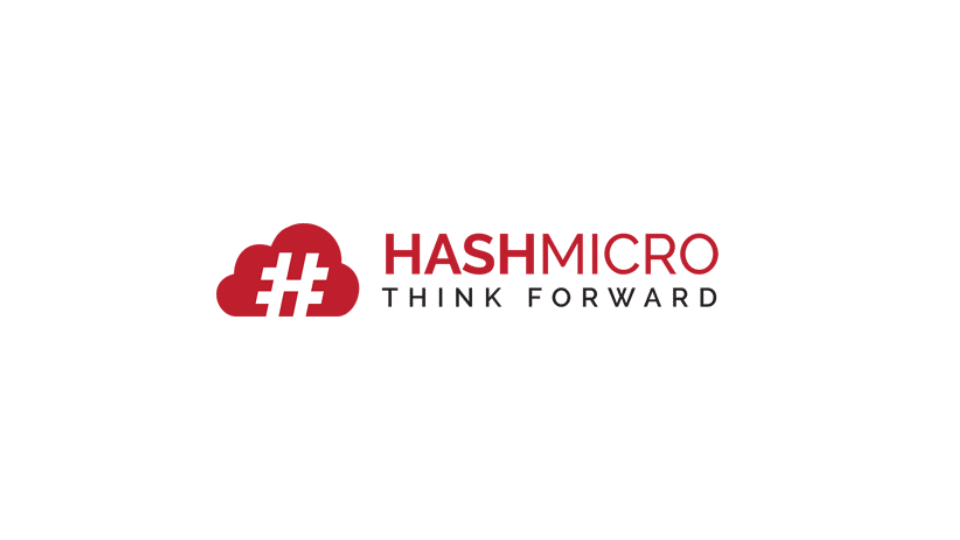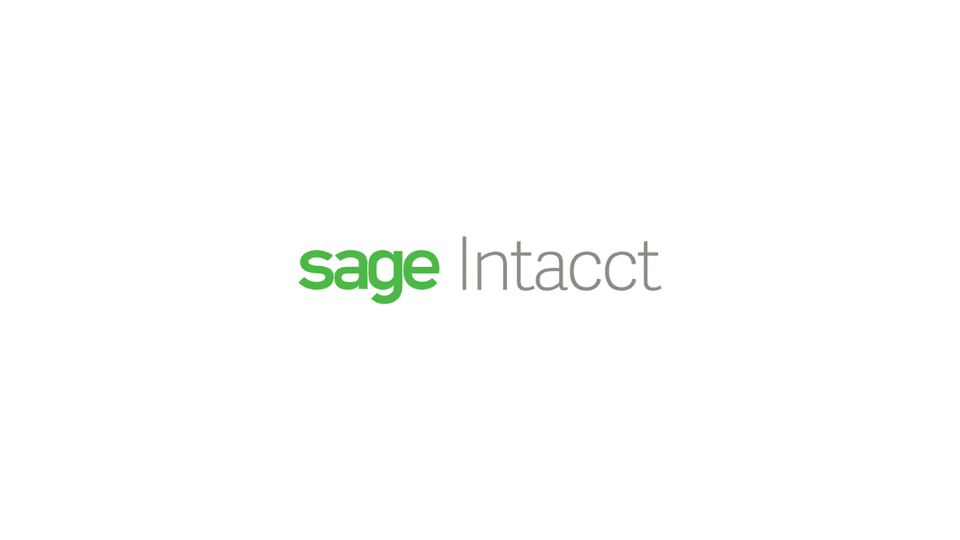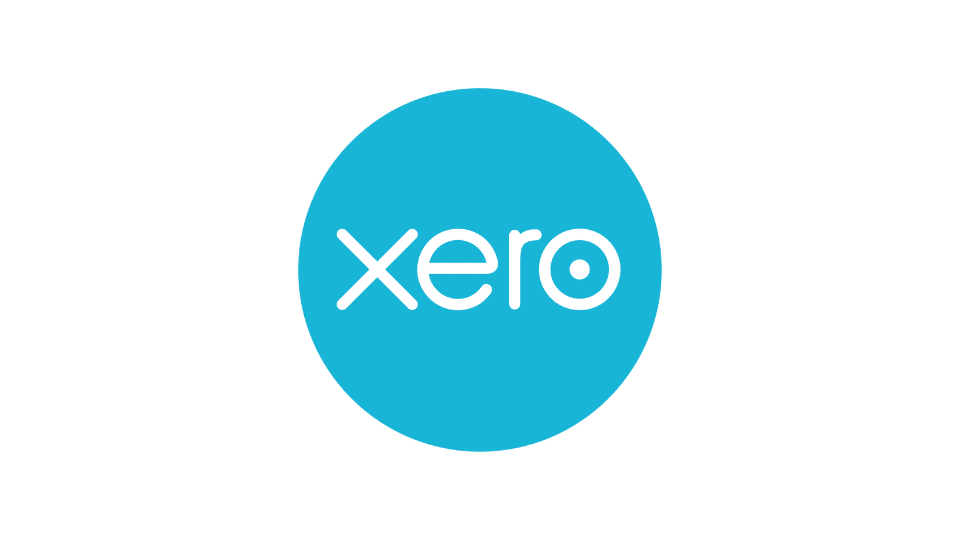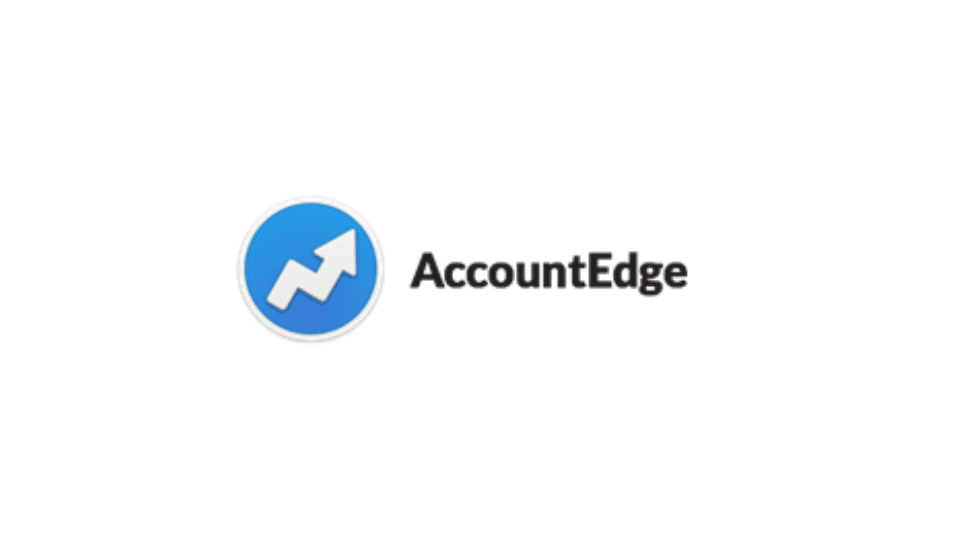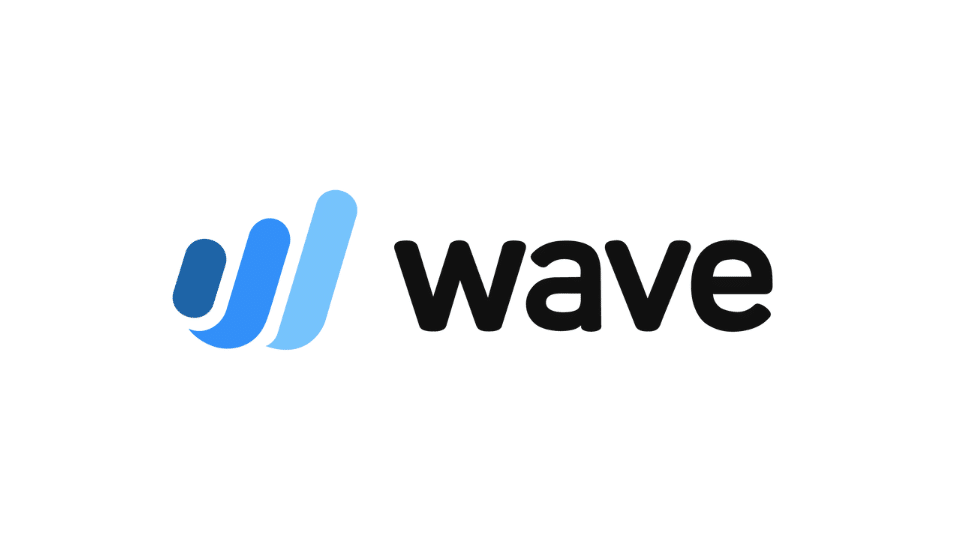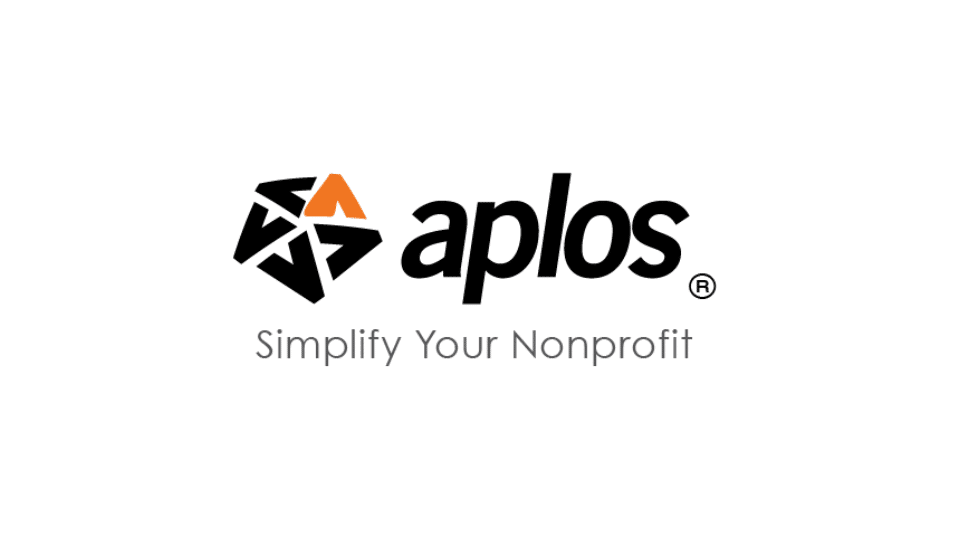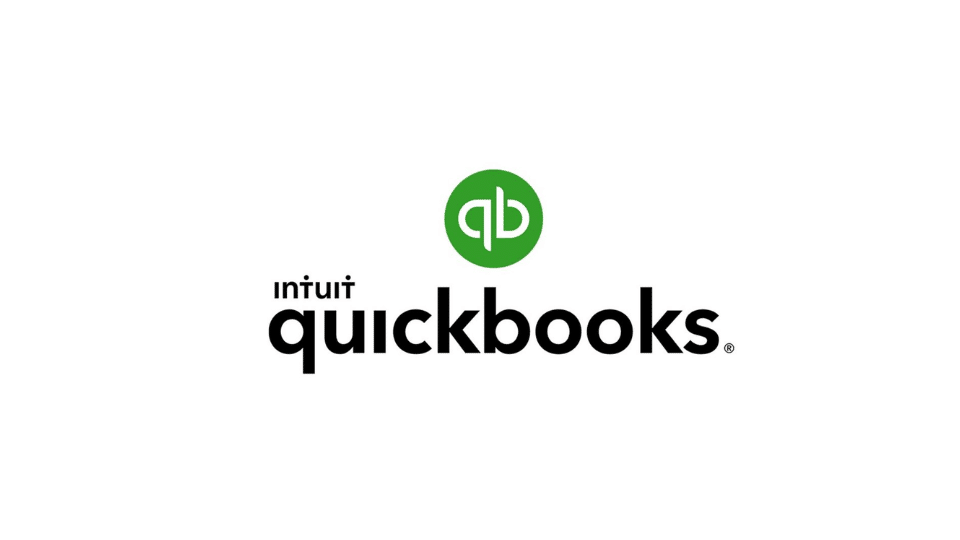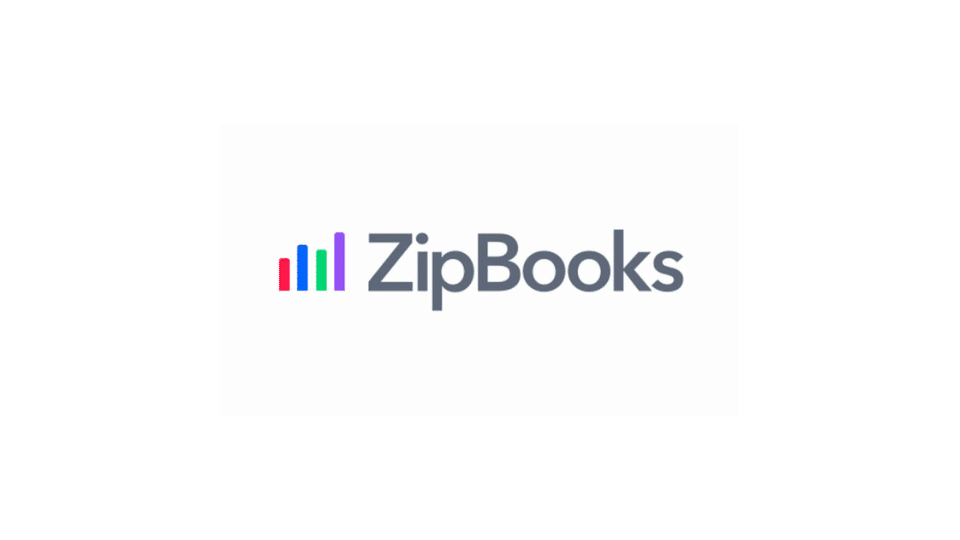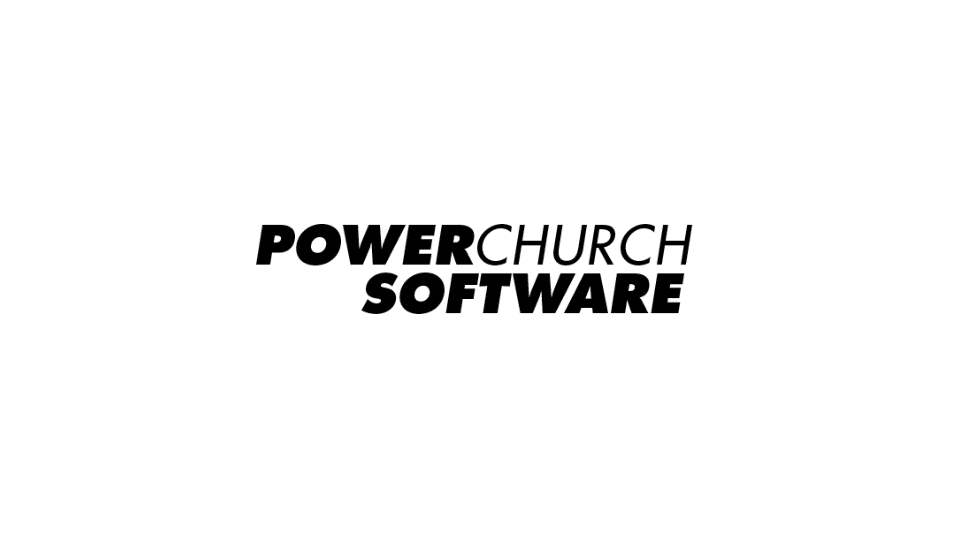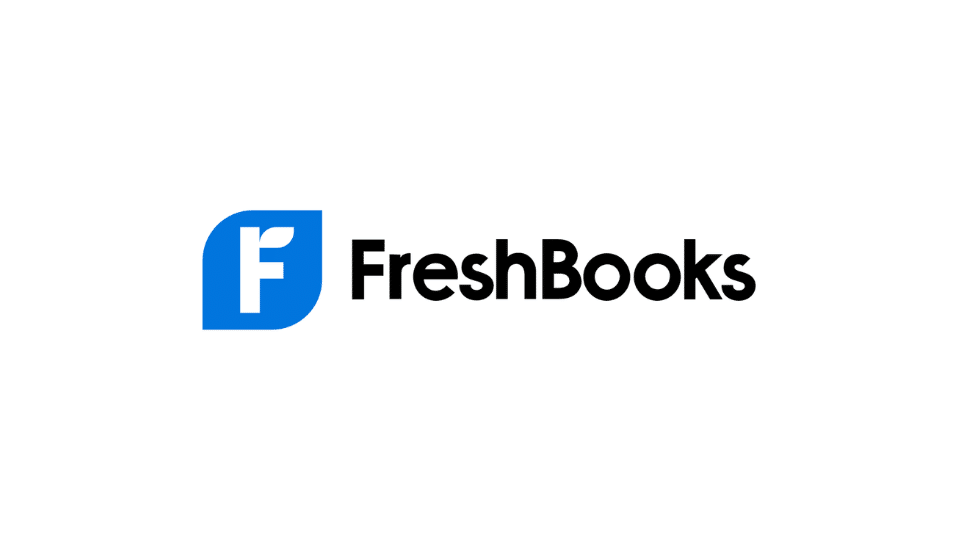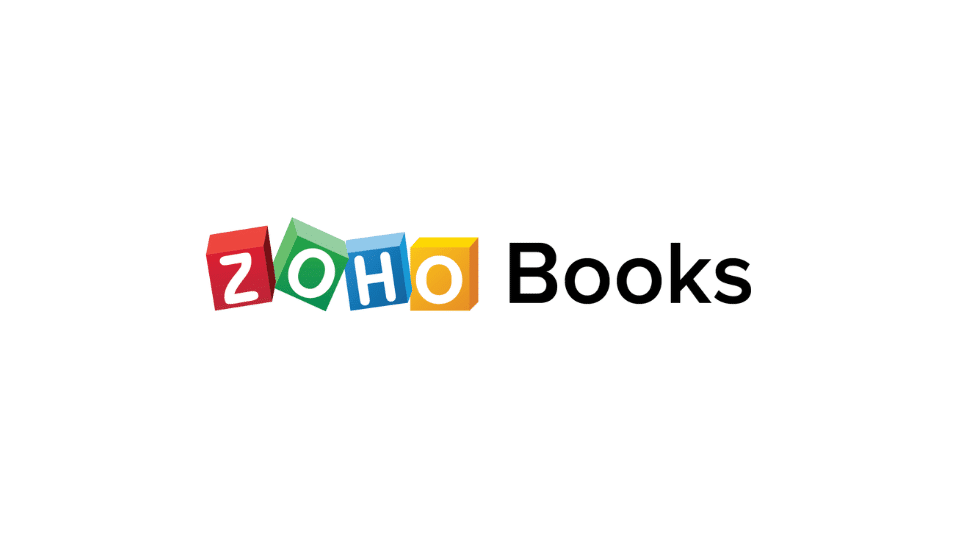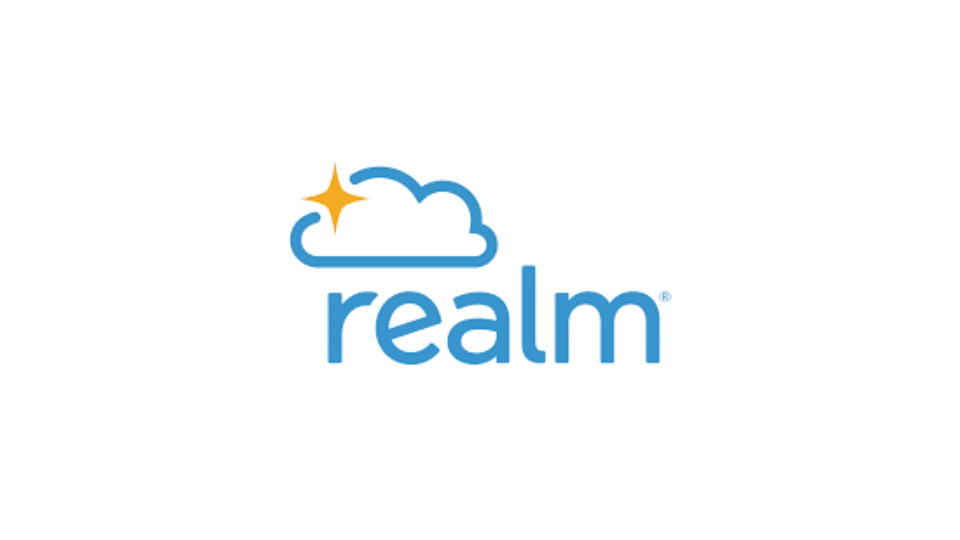Managing the finances of a church can be a daunting task. From tracking donations to budgeting for expenses, church administrators and finance teams need efficient tools to navigate the complexities of financial management. Today, technology plays a vital role in optimizing various aspects of our lives. Therefore, it comes as no surprise that dedicated church use of best accounting software has become an indispensable asset.
Join us as we delve into the world of church accounting software. Highlighting the key features, benefits, and considerations for each platform. Thus, by the end of this article, you’ll be equipped with the knowledge needed to make an informed decision and choose the best accounting software that aligns with your church’s unique requirements and budgetary constraints. Let’s embark on this journey together, empowering your church to excel in financial stewardship and focus on its true mission.
Table of Content:
Table of Content
What is Church Accounting Software

Church accounting software refers to specialized software designed to assist churches and religious organizations in managing their financial operations effectively. If you’re new to church finance management, this beginner’s guide to accounting for churches offers a helpful starting point as it covers essentials like IRS compliance, donation tracking, and effective use of contributions to support your mission.
Churches have distinct accounting requirements compared to traditional businesses. They need to keep track of contributions from their members, manage multiple funds for different purposes (such as missions, building projects, or outreach programs), and also maintain transparency in their financial transactions. Therefore, church accounting software with payroll offers functionalities that address these specific needs, making it easier for administrators and finance teams to handle their financial responsibilities.
How to Choose Your Church Accounting Software
When selecting church accounting software, start by assessing your church’s specific requirements, considering factors such as congregation size and financial complexity. Additionally, ensure compatibility and integration with existing systems to streamline data management. Moreover, choose user-friendly software that accommodates varying levels of accounting expertise among staff and volunteers. Also, look for robust fund accounting capabilities to manage multiple funds and track expenses accurately.
Moreover, prioritize reporting and financial analysis tools to monitor financial health and trends effectively. Ensure the software also offers strong security measures and reliable customer support. Additionally, consider pricing and scalability, aligning with your budget and future growth plans. By considering these factors, you can select church accounting software that meets your specific needs, enhances financial management, and also supports your church’s mission.
12 Best Church Accounting Software
When it comes to choosing the best church accounting software, there are several ERP software provider options available that cater specifically to the unique needs of churches and religious organizations. Here, we present a list of the 12 best church accounting software options to consider:
1. HashMicro
HashMicro is a well-known provider of accounting software solutions, including their specialized church accounting software. The HashMicro accounting software offers a range of features designed to meet the unique needs of churches and religious organizations. Here’s an overview of the features and the benefits it can provide for churches:
- Fund accounting: The software enables churches to manage multiple funds, such as missions, building projects, and outreach programs, allowing for accurate tracking of expenses and revenues associated with each fund. This feature also ensures transparency and proper allocation of church resources.
- Budgeting and financial planning: The software provides robust budgeting features that help churches create and manage budgets for various departments, programs, or events. Moreover, it allows for accurate tracking of expenses against the planned budget, ensuring better financial planning and stewardship.
- Report and analytics: HashMicro’s accounting software offers customizable reports and financial statements. Therefore, allowing churches to gain insights into their financial performance, budget adherence, and trends. This feature also aids in making informed decisions and enhancing financial transparency for church members and stakeholders.
- Compliance and tax reporting: HashMicro’s software helps churches stay compliant with tax regulations specific to religious organizations. It handles ministerial tax reporting, tracks housing allowances, and generates reports necessary for tax compliance, also simplifying the administrative burden associated with taxes.
The accounting software is beneficial for churches as it streamlines financial management processes, ensures transparency and compliance, and reduces administrative tasks. Therefore, by automating manual processes and providing accurate financial reporting, the software allows church staff and volunteers to focus more on their core mission and ministry.
2. Sage Intacct
Sage Intacct is a cloud-based financial management and accounting software designed for businesses of all sizes, including nonprofits and also religious organizations. It offers a range of features and functionalities that can benefit churches in managing their finances effectively.
Sage Intacct is known for its user-friendly interface, scalability, and extensive capabilities. Moreover, it empowers churches to streamline their financial operations, improve accuracy and reporting, maintain compliance, and focus more on their core mission. Additionally, with its comprehensive features tailored for nonprofits and religious organizations, Sage Intacct is a popular choice for churches seeking a modern and efficient accounting solution.
3. Xero
Xero is a cloud-based accounting software designed for small to medium-sized businesses. It provides a range of financial management tools and features that simplify the accounting process and streamline business operations. Additionally, with its user-friendly interface and robust capabilities, Xero has gained popularity among businesses worldwide.
The software offers core accounting functionalities such as general ledger, accounts payable and receivable, bank reconciliation, and expense tracking. It also provides features for invoicing, inventory management, payroll processing, and financial reporting. Moreover, xero’s cloud-based nature allows for easy access to financial data from anywhere, anytime.
4. Account Edge
AccountEdge is a comprehensive accounting software designed for small businesses, particularly those with a focus on inventory management and service-based operations. Developed by Acclivity Software, they offer a range of features to facilitate efficient financial management.
AccountEdge also offers features for service-based businesses, such as time billing and job tracking. This allows businesses to easily track and bill for the time spent on projects, allocate costs to specific jobs, and monitor project profitability.
5. Wave
Wave is a free, cloud-based accounting software that offers a range of financial management tools tailored for small businesses, freelancers, and entrepreneurs. It provides a user-friendly interface and a suite of features that make it easy to track income and expenses, manage invoicing and payments, and also generate financial reports.
Wave’s expense tracking feature allows users to categorize and record their expenses, upload receipts, and reconcile bank transactions effortlessly. Therefore, helps businesses keep a clear record of their expenses and provides insights into their spending patterns.
6. Aplos
Aplos is a cloud-based accounting and financial management software designed specifically for nonprofits and churches. It offers a range of features and tools that cater to the unique needs of these organizations, helping them streamline their financial processes and also ensure compliance.
Aplos also offers comprehensive donation management features. Moreover, it enables nonprofits and churches to easily track and record donations, generate giving statements for donors, and manage donor information. Additionally, it simplifies the process of acknowledging and expressing gratitude to donors, helping to foster strong donor relationships.
7. Quickbooks
QuickBooks is a widely used and highly regarded accounting software developed by Intuit. It is designed to meet the financial management needs of small and medium-sized businesses across various industries. QuickBooks offers a range of features and tools that simplify accounting tasks, allowing businesses to efficiently manage their finances.
The software also includes comprehensive reporting features. QuickBooks generates a wide range of reports, such as profit and loss statements, balance sheets, and cash flow statements. Moreover, these reports provide businesses with valuable insights into their financial performance, helping them make informed decisions and identify areas for improvement.
8. ZipBooks
ZipBooks is an intuitive and user-friendly accounting software designed for small businesses, freelancers, and also independent contractors. It offers a range of features that simplify financial management and helps users stay organized and in control of their finances.
The software provides tools for expense tracking, allowing users to categorize and record their expenses. Users can upload receipts, track mileage, and manage recurring expenses. This feature helps businesses keep a clear record of their expenses and simplifies tax preparation.
9. PowerChurch
PowerChurch is a comprehensive church management software designed specifically for religious organizations. It provides a range of features and tools to assist churches in managing their administrative tasks, membership records, contributions, and also financial operations effectively.
PowerChurch offers robust contribution tracking functionality. It enables churches to record and track member donations, generate contribution statements, and also provide year-end tax reports for donors. Additionally, this feature simplifies the process of managing financial contributions and helps ensure accurate and transparent financial records.
10. FreshBooks
FreshBooks is a cloud-based accounting software designed for small businesses, freelancers, and self-employed professionals. It offers a range of features and tools to simplify financial management, invoicing, and expense tracking.
One of the key features of FreshBooks is its invoicing capabilities. Users can easily create professional-looking invoices, customize them with their branding, and send them to clients. FreshBooks also allows for recurring invoicing, automatic payment reminders, and online payment options, making it convenient for clients to pay their bills.
11. Zoho Books
Zoho Books is a cloud-based accounting software designed for small businesses and freelancers. It offers a wide range of features and tools to streamline financial management, invoicing, expense tracking, and reporting.
Zoho Books offers comprehensive financial reporting tools. Therefore, users can generate a variety of reports, including profit and loss statements, balance sheets, cash flow statements, and tax reports. Additionally, these reports provide valuable insights into the financial health of the business and assist in making informed financial decisions
12. Realm
Realm is a cloud-based church management software developed by ACS Technologies. It is designed to help churches and religious organizations streamline their administrative processes, manage member information, and enhance communication and engagement within their community.
Realm provides tools for online giving, allowing churches to accept donations securely through their website or mobile devices. It also simplifies the donation process for members and provides convenient options for contributing financially to the church’s mission and initiatives.
Conclusion
In conclusion, choosing the right church accounting software is crucial for effective financial management and administrative processes within a religious organization. The featured accounting software each has its strengths and focuses on different aspects of church accounting, such as membership management software, contribution tracking, expense tracking, invoicing, reporting, and integration capabilities.
Among these options, HashMicro stands out as a comprehensive solution for church accounting needs. Its robust features include fund accounting, budgeting, expense tracking, and financial reporting. HashMicro’s cloud-based platform ensures accessibility from anywhere, allowing churches to efficiently manage their finances and stay connected with their members. In order to get all these benefits, you can try a free demo.







